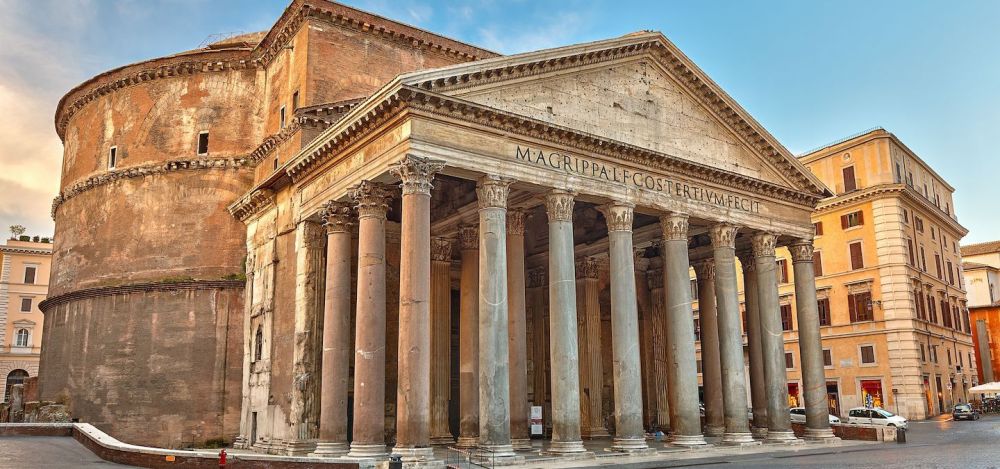

The Roman Forum, known as Forum Romanum in Latin, is an iconic archaeological area nestled in the heart of Rome, Italy. It served as the center of Roman public life for centuries, hosting triumphal processions, elections, public speeches, criminal trials, and commercial affairs. Today, the Forum stands as a testimony to the Roman Empire's grandeur and its enduring influence on architecture, politics, and culture.
The history of the Roman Forum dates back to the 7th century BC, but it reached its peak of prominence during the Roman Republic and into the Roman Empire. Over time, the Forum became the focus of daily life in Rome, surrounded by the most important government buildings, temples, and arches, bearing witness to the development of Roman civilization.
After the fall of the Roman Empire, the Forum was gradually forgotten, buried under layers of earth and debris. It was not until the Renaissance that interest in its excavation and preservation kindled. Systematic archaeological efforts in the 18th and 19th centuries brought the remains of the Forum to light, reigniting its narrative in the annals of history.
Tourism at the Roman Forum has evolved significantly since its rediscovery. Early visitors were primarily scholars and elites on the Grand Tour during the 17th and 18th centuries, eager to witness the ancient ruins and enrich their classical education. With the advent of modern transportation and mass tourism in the 19th and 20th centuries, the Roman Forum became accessible to people worldwide, solidifying its status as a must-visit destination for history enthusiasts and tourists alike.
Today, visitors to the Roman Forum can walk the same cobblestone paths that ancient Romans once traversed amidst the ruins of once-majestic temples, such as the Temple of Saturn, Temple of Vesta, and the Arch of Titus. The experience is deeply immersive, offering a poignant glimpse into a past civilization's daily life and sophisticated governance.
Guided tours and informative signage provide context and history, while the implementation of digital technologies, such as augmented reality apps, enhance the visitor experience, conjuring vivid reconstructions of the Forum in its heyday.
The latest trends in tourism at the Roman Forum include a focus on sustainable tourism practices, which aim to preserve the integrity of the site while accommodating growing numbers of visitors. Measures such as regulating visitor flow and providing advanced ticketing options have been implemented to ensure a structured and enjoyable visit.
Moreover, evolving narratives and scholarship continue to offer fresh insights into the ancient ruins, attracting a new generation of tourists. Educational initiatives and collaborations with universities and cultural institutions are enriching the visiting experience, ensuring that the Roman Forum remains a hub for knowledge and exploration.
The future of tourism in the Roman Forum looks to balance conservation with accessibility, allowing this ancient meeting place to continue educating and inspiring awe in visitors for generations to come.
For those looking to experience a cornerstone of western history, the Roman Forum stands as an enduring symbol of Rome's ancient glory and the transformative power of tourism to keep history alive.